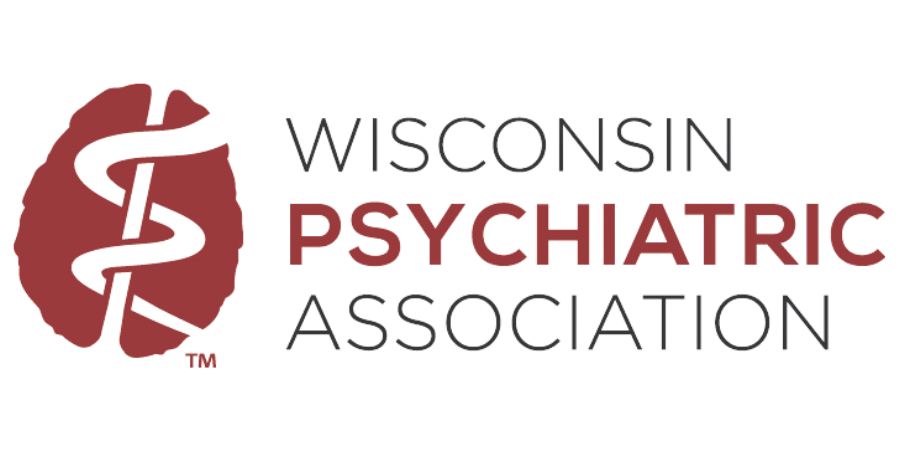Legislative Committee
WPA Legislative Committee The Wisconsin Psychiatric Association’s Legislative Committee works to ensure that the voice of psychiatry is heard in policy discussions that impact patient care, psychiatric practice, and mental health access in our state. Through advocacy, collaboration, and expert input, we strive to promote evidence-based policies that protect both patients and providers. Recent Advocacy EffortsWPA files Amicus Brief in Wisconsin Supreme Court Case State v. JDB
Psychiatric Advance Directive (PAD) Legislation
|
